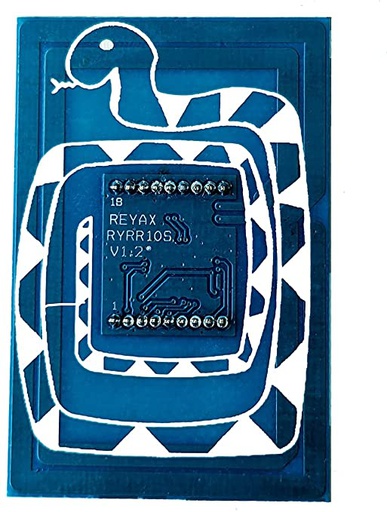The electric vehicle market is growing rapidly nowadays owing to the continuous developments in automotive field. The demand for electric vehicle charging stations increases along with the rise of electric vehicles each year. According to Technavio Research, the electric vehicle charging station market is about to grow by USD 19.9 billion from 2020 to 2024 in prediction, at a huge CAGR of 34%.
In general, there are AC and DC charging methods for electric vehicles. For AC charging, it needs an on-board charger inside the car to convert AC to DC power. On the contrary, for DC charging, it converts AC power to DC in the charging station. DC charging is faster and more common at public charging stations.

Authentication should be performed prior to any charging activity. The authentication request would be triggered from the electric vehicle to the charging station. Once the authentication is completed and the identification is verified in the cloud based on digital certificates, the electric vehicle would be granted to pull the charging current from the station.

RFID (Radio-Frequency Identification) technology could be used to realize the authentication. The short transmission range and encryption characteristics make RFID suitable for electronic identity verification; RYRR20I and RYRR30I from Reyax are two RFID modules which have been adopted by multiple power management solution providers.


Both RYRR20I and RYRR30I are 13.56-MHz RFID modules and operate from 3V to 3.6V; TI TRF7970A and ST ST25R3911B RFID engines were applied respectively. RYRR20I has the ability to handle ISO15693, ISO18000-3, ISO14443A/B and FeliCa protocols, and it integrated encoders, decoders, active and passive target operation for all three bit rates (106 kbps, 212 kbps, 424 kbps) and card emulation. RYRR30I could handle ISO15693, ISO14443A, ISO14443B and FeliCa protocols, and it is also an NFC module, which supports NFC standards NFCIP-1 (ISO/IEC 18092) active P2P. Moreover, the firmware of RYRR30I could be upgraded via UART Interface.
To realize your authentication need, RYRR20I and RYRR30I are the best choices undoubtedly. Now, Come visit TECHDesign to take a look at the selections provided by Reyax!
![[RYRR20I] REYAX Multiprotocol Fu lly Integrated 13.56MHz RFID Module](/web/image/product.template/179978/image_512/%5BRYRR20I%5D%20REYAX%20Multiprotocol%20Fu%20lly%20Integrated%2013.56MHz%20RFID%20Module?unique=539c3a4)
![[RYRR30I] REYAX Multiprotocol Fully Integrated 13.56MHz RFID & NFC Module](/web/image/product.template/179981/image_512/%5BRYRR30I%5D%20REYAX%20Multiprotocol%20Fully%20Integrated%2013.56MHz%20RFID%20%26%20NFC%20Module?unique=539c3a4)
